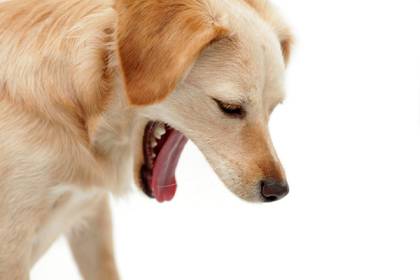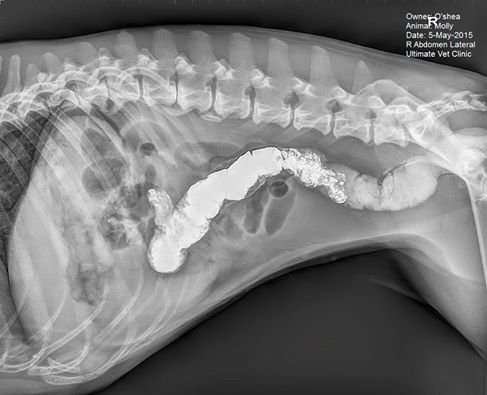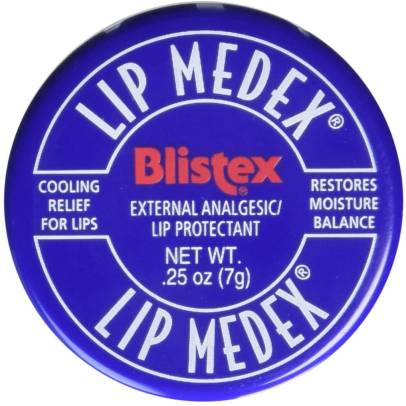When the weather’s nice, it’s great to take your dog out for a walk in the woods. Who doesn’t just love the fresh air, the trees blowing in the wind, and the sun shining down as you hike forest trails?
Connect with a verified veterinarian in minutes. Licensed vets are available 24/7 to answer your questions. No need to worry about your furry family member.
While the woods are a great place to have fun, they can also present some issues for both pet parents and their dogs. One plant that quickly causes problems is poison ivy. On the skin, this plant can cause a horrible itchy rash that can last for days after you’ve come in contact with it. Another danger is if a dog eats poison ivy.
What is Poison Ivy?
Poison ivy is a plant that grows all over the United States. Unfortunately, many people are allergic to the oily residue or sap produced by each part of the plant. What does it look like? There’s an old saying that goes, “Leaves of three, leave it be.” The saying helps people stay away from this plant in the woods. The leaves have a reddish look and grow close to the ground. Poison ivy may also grow as vines. There are many varieties of poison ivy, including a subspecies called Toxicodendron radicans.
As you and your fur baby talk a nice walk through the woods, he may see the plant and eat some! It happens before you know it. Poison ivy be toxic to dogs if ingested. Dogs may also get a similar rash on their skin as we do after encountering the plant.
Poison ivy ingestion usually does not cause death in dogs; however, it can make them very sick.
Poison Ivy Poisoning in Dogs
Poison ivy contains a substance call urushiol, which is the cause of the itchy rash when it comes into contact with skin.
Urushiol, if ingested by a dog, can poison your fur baby. However, this is considered a mild toxin, and will usually not cause a serious health issue.

Review symptoms, medications & behavior to keep your pets healthy with a Vet Online in just minutes.
Ask a Vet Live NowSymptoms of Poison Ivy Poisoning in Dogs
If your fur baby happens to eat some poison ivy, you may notice these symptoms:
- Vomiting
- Diarrhea
The level of symptoms will depend on your dog’s size and how much he ate. For example, a small dog that eats a lot of the plant may develop a worse case of diarrhea and vomiting. However, if a larger dog eats the same amount, he may only develop a slight upset stomach and a little diarrhea.
Diagnosis and Treatment of Poison Ivy Toxicity in Dogs
If you know for sure your canine companion has munged on some poison ivy, then it’s a good idea to call the vet immediately. The vet will ask about your dog’s weight and how much of the poison ivy your fur baby likely ate. They may ask you to bring your dog in for an exam. If so, be sure to take a part of the plant with you so the vet is sure what the dog has eaten.
Be sure to handle the plant with gloves on, or you could develop a severe itchy, rash. Put the sample in a plastic bag, and make sure to close the bag.
Your fur baby should be OK; however, your vet may advise to give your dog plenty of fluids and that he stay on a bland diet for a couple of days.
For instance, the vet may recommend a diet of boiled chicken breast meat mixed with white rice. After symptoms subside, the vet may recommend slowly putting your fur baby back on his normal diet. The vet will treat other symptoms as needed.
On the other hand, if your dog has eaten a lot of the plant, then the vet may need to keep him in the hospital and treat him with IV fluids to treat/prevent dehydration from vomiting and diarrhea.
If your dog also has a poison ivy reaction on his skin, the vet will try to wash these areas with soap and water to remove the urushiol oil. The vet may prescribe ointments to reduce irritation and itching. Sometimes, a dog may require antibiotics or antifungal medication if he develops an infection.
The good news is that in most cases, even after eating a lot of poison ivy, dogs make a full recovery. If your fur baby has eaten poison ivy, we sure wish him the best and hope for a fast recovery!
Connect with a verified veterinarian in minutes. Licensed vets are available 24/7 to answer your questions. No need to worry about your furry family member.

Kim
Kim is a talented author, who loves animals especially dogs. She engaged in writing books and articles relating to animals a decade ago. Kim resides in Chicago with her husband and son. The family is the proud owner of a dog and a parrot (Jack and Lily). Kim wanted more than these two pets, but her husband put his foot down... She often visits elementary schools to talk to the kids about what she learned about pets and how they could learn from them.
Review symptoms, medications & behavior to keep your pets healthy with a Vet Online in just minutes.
Ask a Vet Live Now




